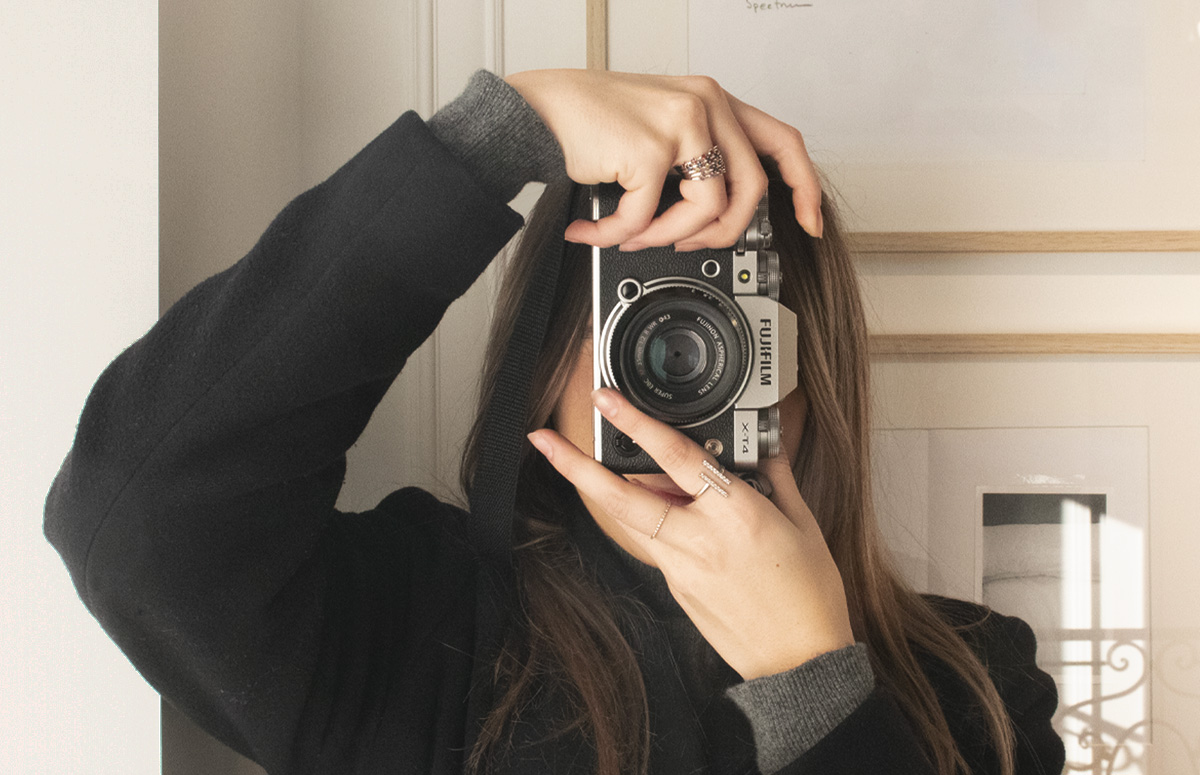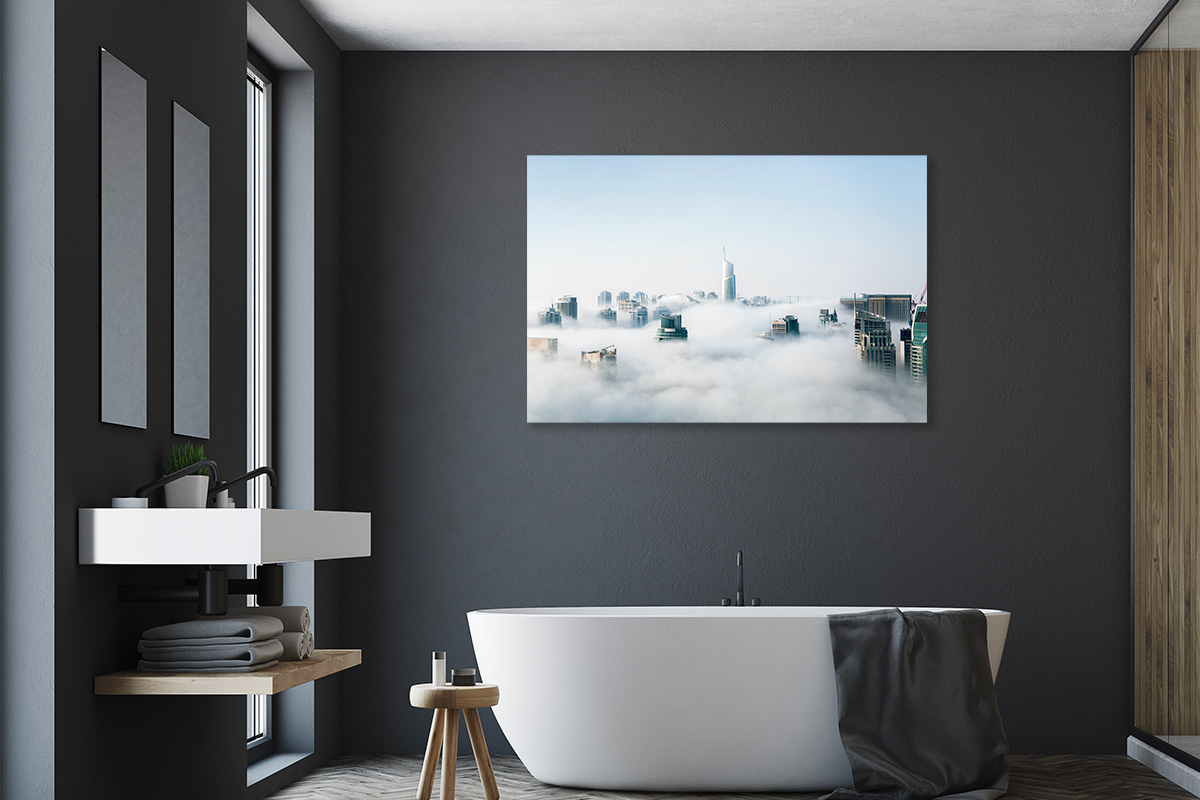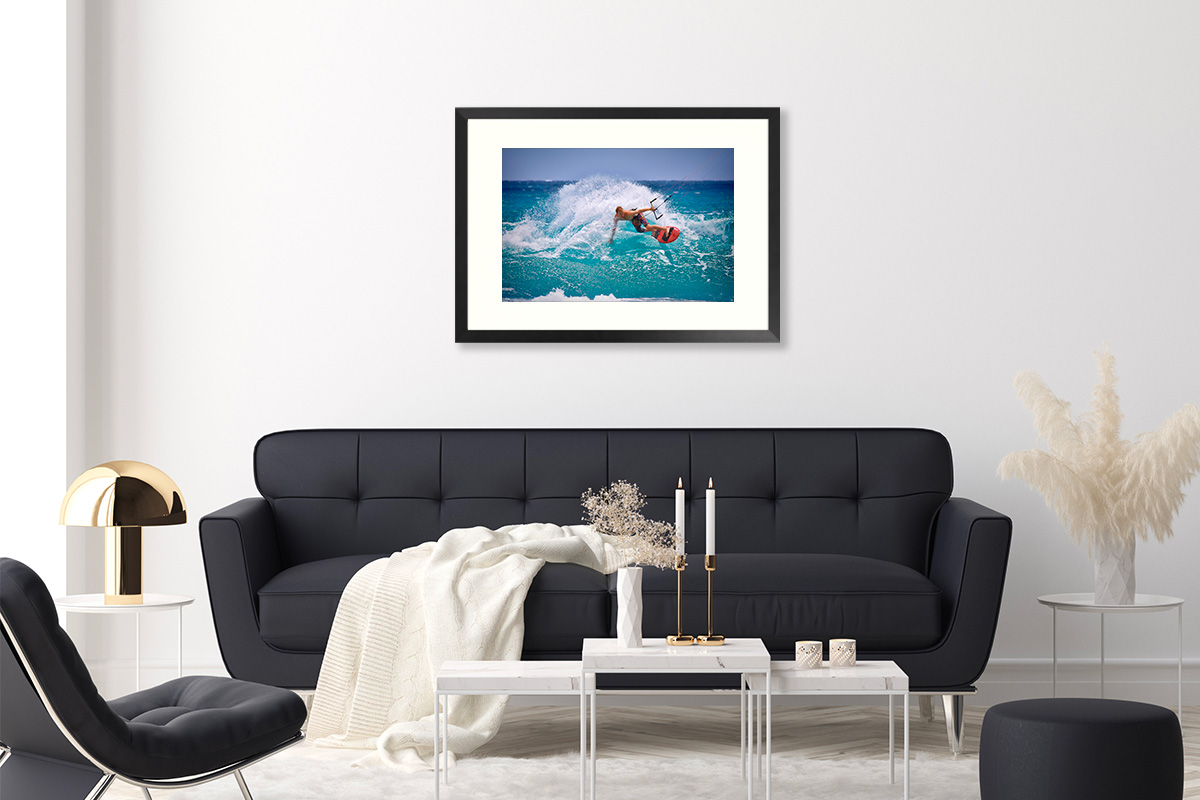Preparing Your Image For A Photo Print
18/09/2023
Preparation of an image file for a gallery-like photo print
Maybe you took an original photo or would like to bring your best memories to life. A photo print in gallery quality guarantees a unique and personalized interior decoration. Finding inspiration and mastering your camera’s settings are essential for a great photo print. But the preparation of your file puts all the chances on your side for Art prints worthy of the most acclaimed professional photographers.

Renowned galleries and their artists entrust our professional photo laboratory to print and frame their most beautiful works of art. For an unrivaled image quality true to your subject, from its display on your digital screens to your wall decoration, follow our advice when preparing your photographic print. Choosing the format of your file, its resolution, its definition, color spaces, and the details to which you should pay special attention: we share all the secrets of a great photo print!
Choosing the right image file format for your prints
The format of your photo file is to keep in mind when preparing your images for print. Good print quality starts with a carefully prepared file that allows LabKorner experts and our lab team to check the quality and definition of your photographs before they are printed.
Remember that format and size are two different things. The format of a file is not related to the dimensions of your future custom photo print. The file’s format refers to the type of upload to be sent to our laboratory through our online form to easily create your personalized wall art.
Our photographic laboratory can realize photo printing in gallery quality from several types of files:
- JPEG format, a classic format for any photo file
- TIFF format, a slightly less compressed format preserving your image quality
- Please note that the PNG format, which doesn’t take into account the colorimetric profile, isn’t processed by our photo lab
Be careful not to over-compress your file when editing or storing your photos to keep a resolution suitable for a paper print.
The perfect resolution for a professional photo print
Resolution depends on the image size, designated in cm, and its definition. It’s the number of pixels on a specific surface. A photo resolution is expressed in pixels per inch (dpi).A good resolution makes it possible to obtain a better impression for any standard format but a file resolution is even more important for large format prints or for pictures designed to be enlarged. Without a sufficient resolution, your image may be blurred or pixelated. Determining the ideal resolution of your image matters.
Most smartphones and cameras offer good image quality and generate good-resolution files. But displaying a photo on a screen requires a much lower resolution than printing it on photo paper. To print your photograph in a large format in high definition, aim for a resolution of at least 300 dpi.
A quick look in the settings of your file will allow you to check if your image has a sufficient resolution to give life to a nice wall decoration. On your smartphone, the file size is expressed in MB. To keep an optimal resolution, avoid multiple compressions when storing or preparing your photo file.

Image size and definition
Every image is defined by its number of pixels. We speak of definition when we refer to the number of pixels that makes a given image. This number, expressed in mp, is obtained by multiplying the width by the height of your camera sensor.
The ideal resolution for your print depends on the print format of your project. Our photo lab requires an image definition of 0.61 Mpx (approximately 800 x 800 px) to 150 Mpx (about 122 240 x 12 240 px) depending on the selected format. Our automatic configurator calculates for you the necessary definition. Our Selection format (45x30 cm) requires a minimum definition of 3 Mpx. Printing a large format image in Collector size (80 x 120 cm) requires a file of at least 27 Mpx.
The definition of the image is to be appreciated according to the size of the print you have chosen for your gallery-quality wall decoration.
Which color space should I use for my files?
Let’s start by defining what is a colorimetric space. It’s the representation of all the colors perceptible to the eye and replicable by a device. Thanks to precise coordinates in this colorimetric space, the components of any color (luminance, vibrant, and saturation) are established. The ICC profile is the document associating the original colors of the file to the colorimetric space coordinates.
Our photo laboratory attaches great importance to color spaces. We work with the colorimetric profiles sRGB and Adobe RGB 98. These CMYK color profiles guarantee a faithful rendering of your most beautiful shots.
Keep in mind that the look of a print on photo paper is always slightly different from a digital backlit screen. Our Fujifilm DPII Gloss photo paper (for our laminated prints) and Crystal Archive DP II gloss (for our Gallery Framed finish) and the possibility of a glossy Plexi finish give your photo prints vibrancy and brightness. You can use Lightroom presets to retouch the colors of your image, their new rendering will be respected during the printing phase.
Mind the edges of your image
Often forgotten, this important detail is to be kept in mind when preparing your photo file for printing. Thanks to the preview of your final image, our online creation module enables you to verify that the edges of your image are correctly cut when cropping your photograph. The subject of your shot, and your composition, are perfectly highlighted. For a quality rendering, we recommend leaving the sides of your image empty (sky, ground, plain background…). Thus, the edges of your photo print, whether your wall decoration is framed or not, are free of any distractions.

If you want to emphasize the contours of your image, you can add a passe-partout with our Framed Gallery prints or a photo frame available in several colors and high-quality materials.
Now you know all the secrets of great photo printing!
© 2023, Justine Grosset for LabKorner